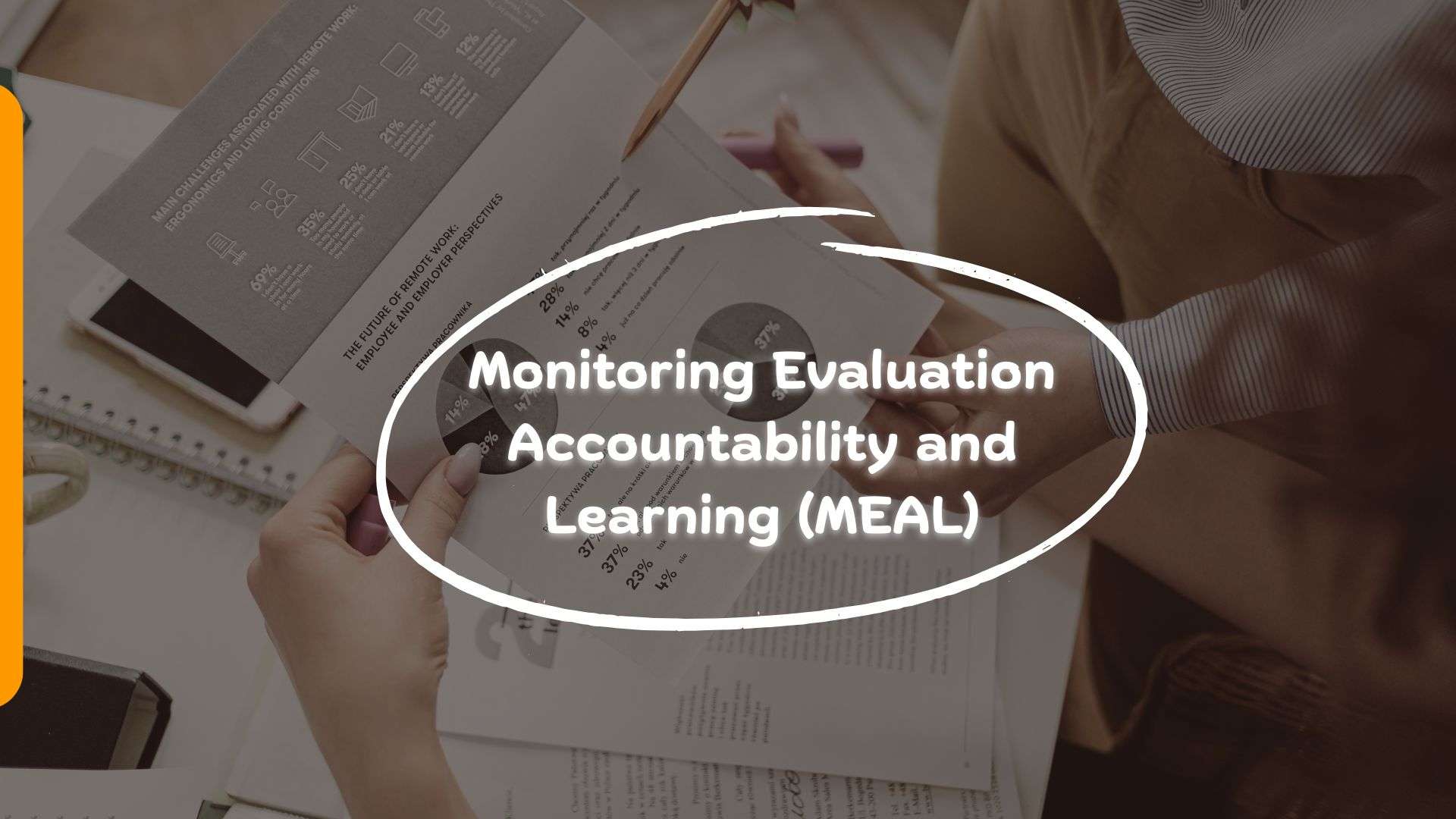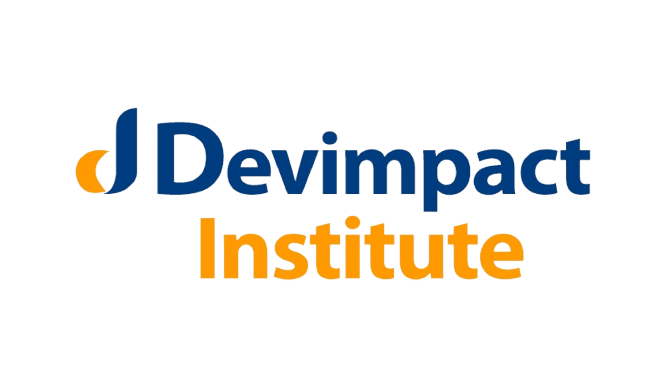
Training on Monitoring Evaluation Accountability and Learning (MEAL)
MEAL (monitoring, evaluation, accountability, and learning) are essential to the success of every program and are a routine aspect of program management. Without a strong MEAL system, it would be impossible to monitor progress, make changes, identify unintended consequences of programs, and assess the influence the project has had on the lives of its beneficiaries. Through information sharing and the implementation of complaints or feedback channels, a MEAL system also aids in our ability to be accountable to our stakeholders and direct program implementation.
Target Participants
This MEAL training course is designed for researchers, project staff, development practitioners, managers, and decision-makers who are responsible for the project, program, or organization-level MEAL. The course aims to enhance the skills of professionals who need to research, supervise, manage, plan, implement, monitor, and evaluate development projects.
Course Duration
Online 14 Days
Classroom-based 10 Days
What you will learn
By the end of this course the participants will be able to:
- Design and implement MEAL strategies, systems, and frameworks.
- Develop MEAL work products like program baselines, mid-term reviews, and end lines and promote their use in program development.
- Determine the main approaches and best practices used in MEAL.
- Collect data, ensure data quality management, and conduct data analysis.
- Understand Project reporting through MEAL.
- Use learning to improve and strengthen projects.
Introduction to Project Management
- Introduction to project management
- Project cycle management
- Triple constraints in project management
- MEAL in project management
Introduction to MEAL
- Definition of monitoring and evaluation
- Why monitoring and evaluation are important
- Key principles and concepts in MEAL
- Monitoring and evaluation processes
Results-Based Management
- Introduction to a results-based management approach
- Steps in results-based management
- Application of results-based management in project design
- Understanding the results chain approach
Project Analysis
- Problem analysis
- Objectives analysis
- Strategy analysis
Project Logic Design
- Introduction to problem analysis
- Understanding MEAL causal pathway
- Developing the project results levels: goal, outcomes, and output
- Formulating activities
Project Indicators
- Introduction to project indicator
- Indicator development
- Predefined indicators
- Linking indicators to results in programs
- Indicator matrix
- Program indicator performance tracking
Completing the MEAL Tools
- Completing the logical framework
- Developing a theory of change
- Completing the performance measurement framework
Project Monitoring
- Introduction to programs monitoring
- Types of monitoring
- Monitoring strategies
- Tools for monitoring and performance measurement
MEAL Reporting
- Introduction to reporting
- Key elements in progress reporting
- Reporting schedules
MEAL Plan
- Introduction to MEAL system and MEAL Plan
- Components of the MEAL Plan
- Developing the MEAL Plan
- Implementing the MEAL plan
Baseline Studies in Results-based MEAL
- Importance of baseline studies
- Process of conducting baseline studies
- Baseline study vs evaluation
Project Evaluations
- Introduction to project evaluation
- Types of evaluations
- Process of conducting evaluation
- Project evaluation criteria
- Developing evaluation questions
- Developing evaluation matrix
- Evaluation Reporting
Overview of Impact Evaluation
- Introduction to impact evaluation
- Project attribution for the outcome of interest
- Impact evaluation designs
Accountability in MEAL
- Introduction to accountability
- M&E and upwards accountability
- M&E and downwards accountability
- Key aspects of accountability
Learning in MEAL
- Introduction to learning
- M&E and learning
- Types of learning
- Learning mechanisms
- Learning and adaptability
- Sharing of learnings

